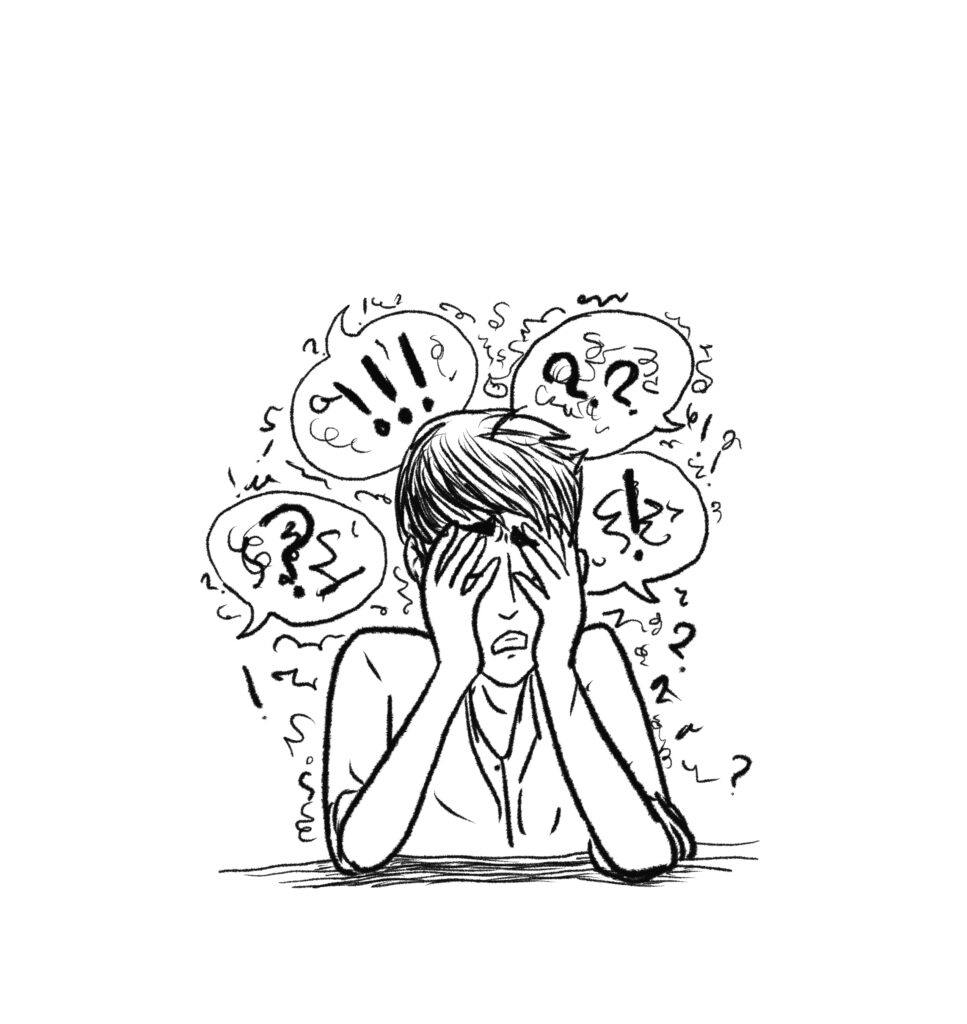Everything has become a competition, including having problems. I know I’m not the only one who has ranted about something only to hear, “You should have some perspective. You think that’s bad? Wait until you hear about my crappy life.” Then, you end up comforting them about their crappy life, even though your problem is just as valid.
That’s where having perspective becomes problematic. At this point, it’s not about getting away and realizing that your problem is solvable. Instead, having perspective trivializes your emotions and the pain that comes from the problems you have.
If you constantly compare your problems to those of others, your problems are going to seem pretty lame. However, problems are not about comparison.
Everyone talks about getting perspective to see how their problems aren’t actually a problem. But thinking this way can be detrimental to those who feel that their problems, no matter how big, don’t stack up to all of the starving kids in Africa.
When looking at problems from the “someone-has-to-have-it-worse” point of view, no one would ever have a problem that was bad enough. Because — honestly — how can being overwhelmed by schoolwork feel like anything when Sarah McLachlan sings over image of abused animals at the shelter? After all, you have a place to stay and food and someone who cares about you.
This line of thought is especially detrimental when it concerns mental health. Those with anxiety, depression and other mental health problems already have enough hurdles to overcome without adding in the added responsibility of making themselves feel their pain is valid and justified.
Mental health awareness is in a better place than where it was two decades ago. But, that doesn’t mean mental health is at its peak.
The Utah Department of Health has observed a 141.3 percent increase in suicides in Utah in ages 10-17 from 2011-2015. These percentages were so concerning that the CDC brought in a team of Epidemic Intelligence Service officers.
The results? Suicide is complex.
Part of the mental health crisis is the stigma surrounding it, but also, not seeking help for problems. If you won’t seek help because you feel your problems aren’t good enough, then that will make the issue worse.
There are so many problems in the world. Ignoring yours isn’t a healthy coping mechanism.
Perspective isn’t about comparing your world to the other worlds out there. Social media has only heightened the everyone-has-got-it-worse vibe. You only see the peaks and pitfalls of others, never the tedium of a rocky plain.
Because of this, you think they have found a way to overcome all this crap and have a wonderful life, but you aren’t seeing the undertows of their never-ending struggle against life.
Life isn’t a competition. It’s not about getting the most perspective to see who threw themselves off the highest cliff without a parachute and came the closest to death.
It’s not as simple as saying, “Okay, no problemo, guess that’s enough of that.” If it were, everyone would feel validated and not feel that they had to one-up everyone constantly.
People should not have to use perspective to get us to listen.
To fix this, we need to stop telling people that our problems are worse than theirs.
We need to stop saying “You think that’s bad?”
We need to stop saying “Well, my day was worse.”
We need to stop pretending that problems need validation to earn our attention and empathy.
We need to stop pretending that for someone to be in pain, that pain has greater than everyone else’s.
Life is not easy. No matter where you live or what your career is or who you are, no one gets out of life unscathed.
Perspective can be useful, but it isn’t about making diminishing your problems to fit to fit someone’s requirements of what a problem should be. It should be about getting a vantage point to figure out how to solve your problem and seeing how others have tackled similar problems.





















Harold A Maio • Mar 11, 2019 at 9:59 pm
——Part of the mental health crisis is the stigma surrounding it…
Your error is common:
——Part of the mental health crisis is those declaring a stigma surrounding it…(And of course those then repeating it without thinking of the effects thereof.)